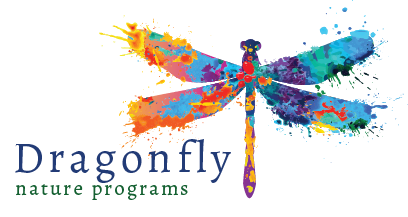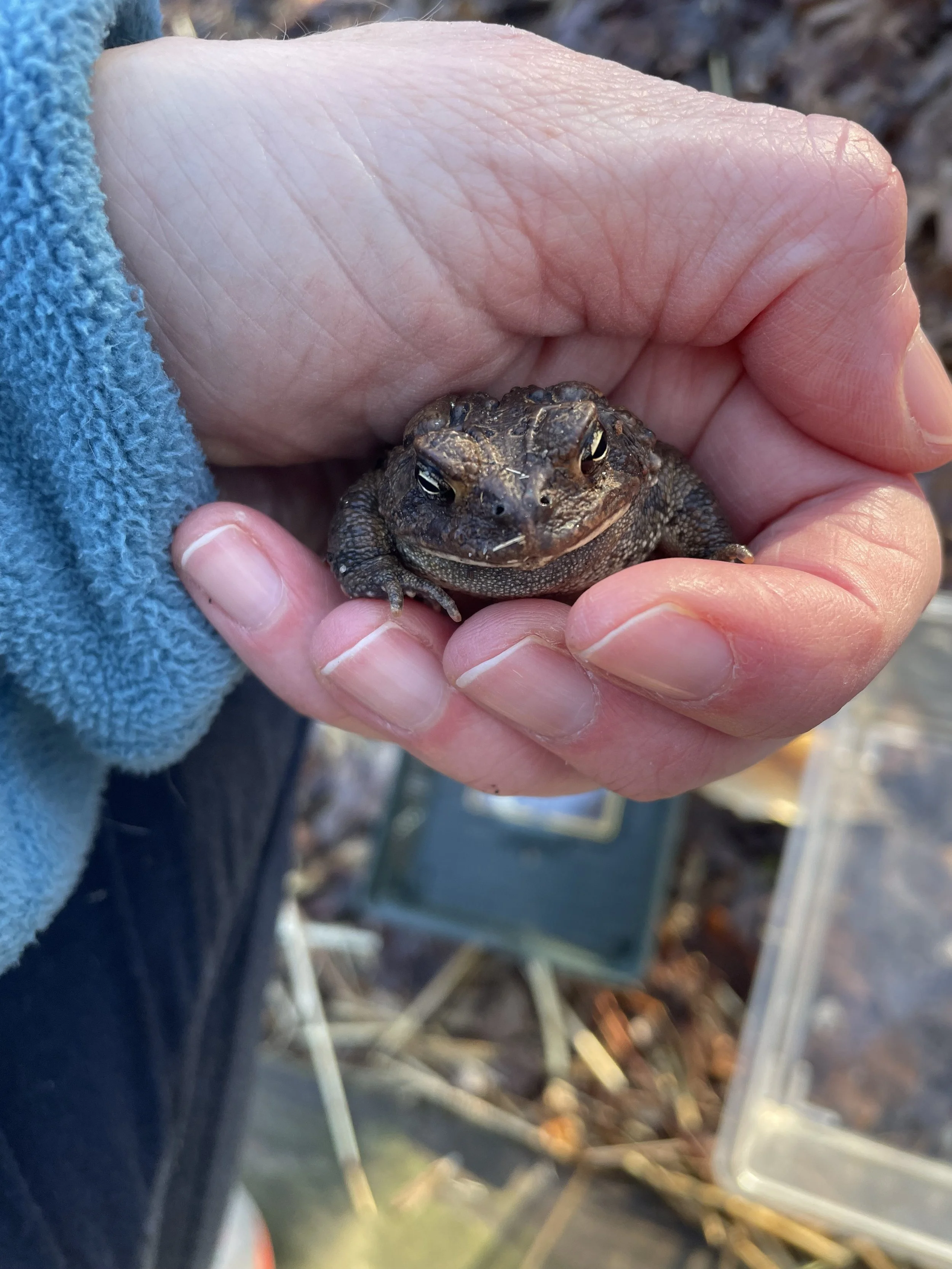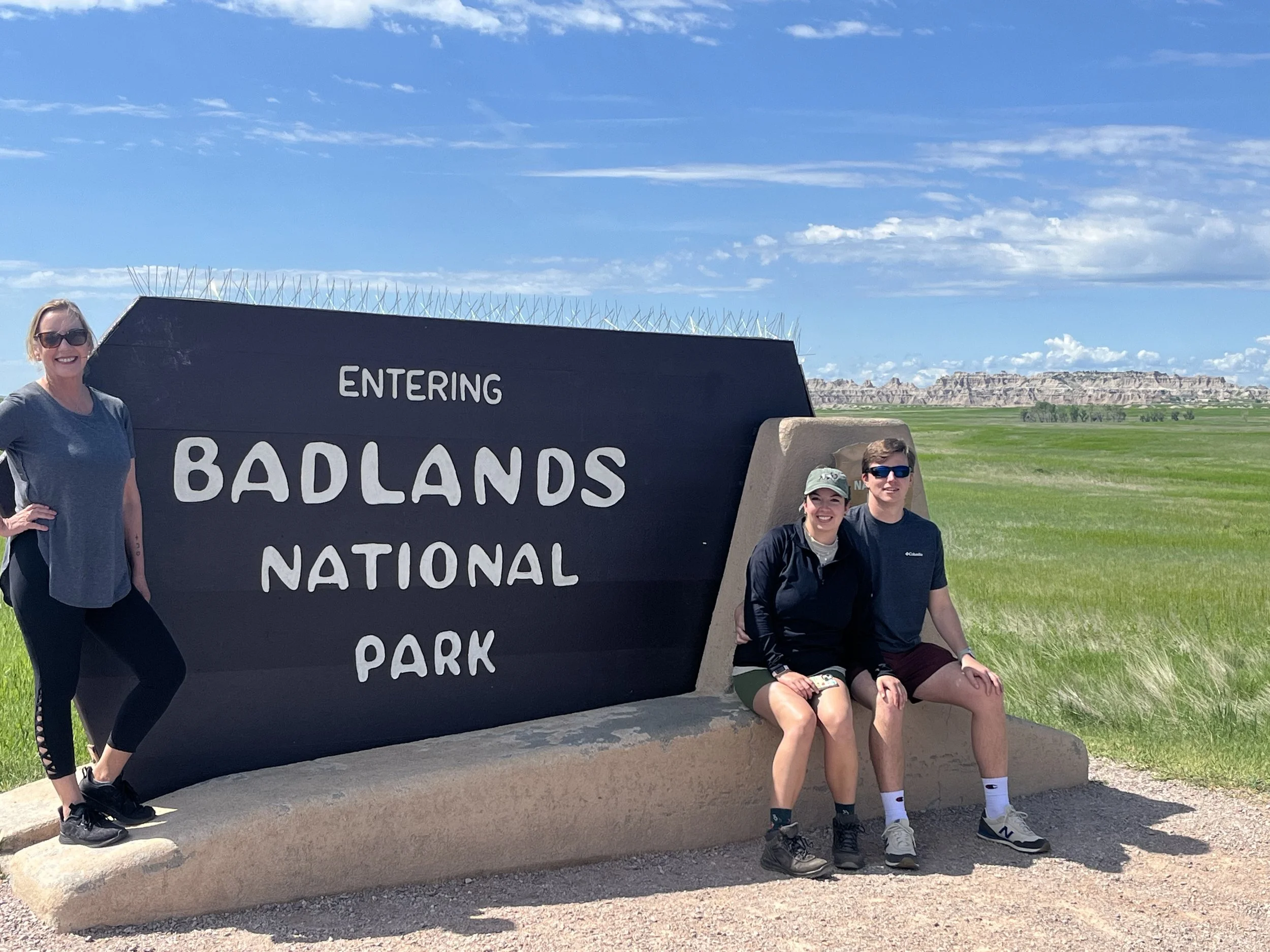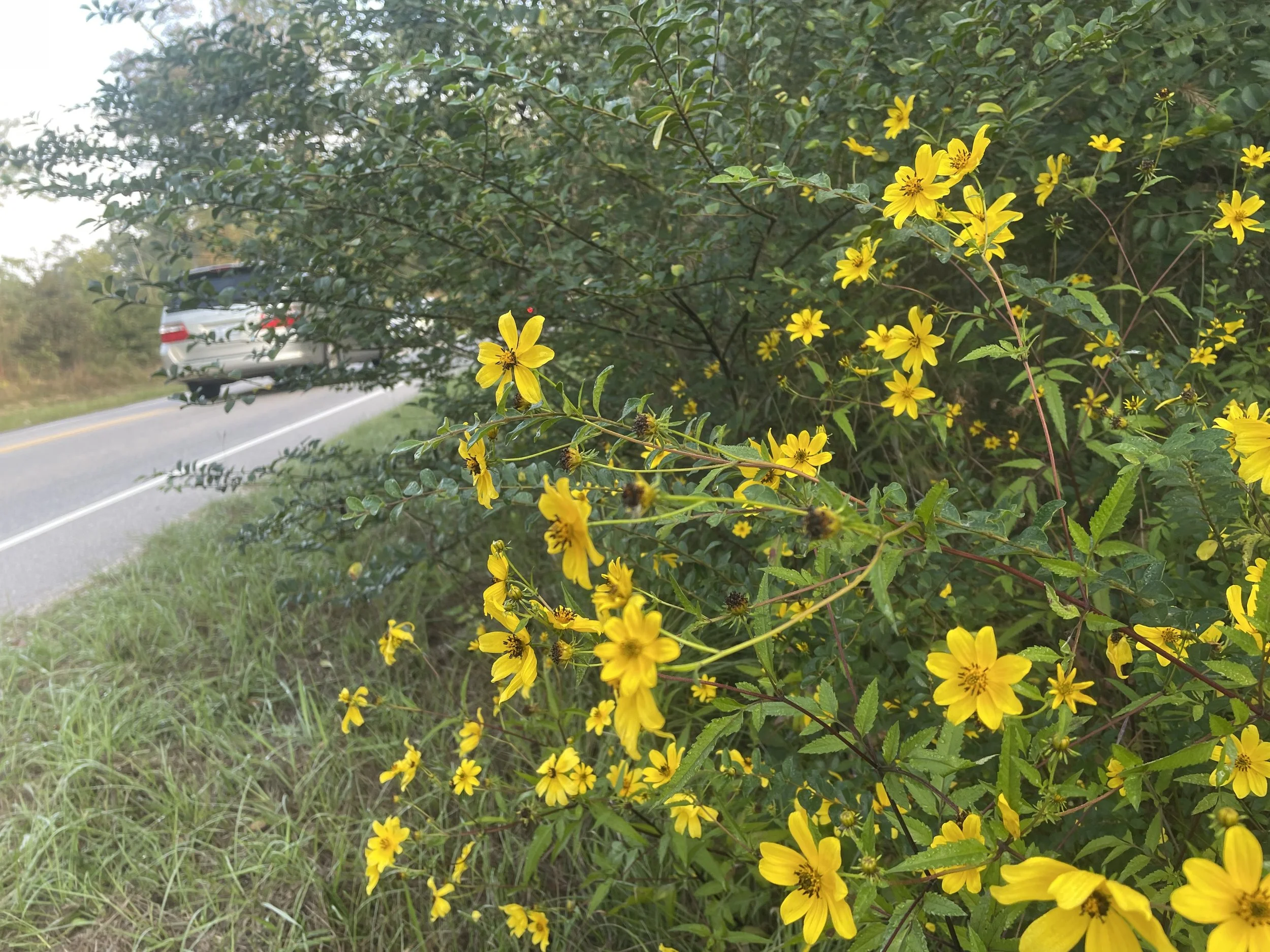Fall in the Piedmont of NC is a rollercoaster of heat waves and stunning fall weather. It’s the slow transition from green to auburn, crimson and gold. It’s the last bloom for flowers before winter settles in on us. It’s hard to drive around town and not admire the resilient tickseed wildflowers in full fall bloom this October.
A Great Migration
It’s a wonder to see how pleasantly symbiotic the whole relationship is. The milkweed relinquishes its leaves while maintaining life sustaining energy in its deep taproot and regrows. The caterpillar receives its nourishment, including the bitter toxin from the plant that provides a layer of protection from predators, even as an adult. Pollinators will be by eventually to pollinate the flowers which will create pods of wind-dispersed seeds. Human interactions don’t ever seem this smoothly cooperative.
Inviting Hope Home: More Like a Tortoise
I, am more of a tortoise. Slow and steady, a plain Jane of sorts, not trying to call attention to myself but certainly moving with purpose. And it is this strategy I relied on to change my one quarter acre property in suburbia to a wildlife oasis. I could have called in reinforcements, hired a landscaper, gotten it all done in one season and that too is an effective strategy for change. But I went section by section and years later it’s all coming together.
Inviting Hope Home: The Butterfly Highway
One hundred and seventy five butterfly species reside in NC and that summer, in my devil’s strip alone, I documented on camera 18 different butterfly species; who knows how many I’ve missed over the years. Since transforming my yard from an HOA approved, socially acceptable landscape to a more wild space I’ve gardened by one motto: If no one is eating your plants, then your garden is not part of the ecosystem.







